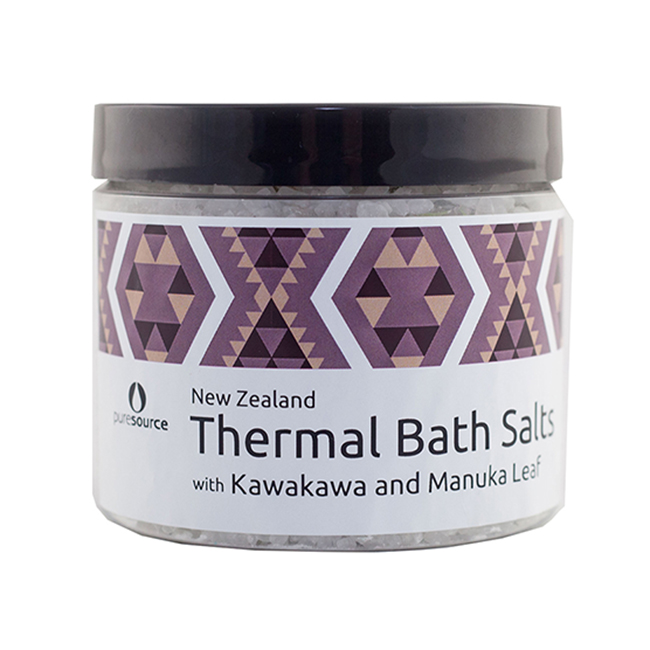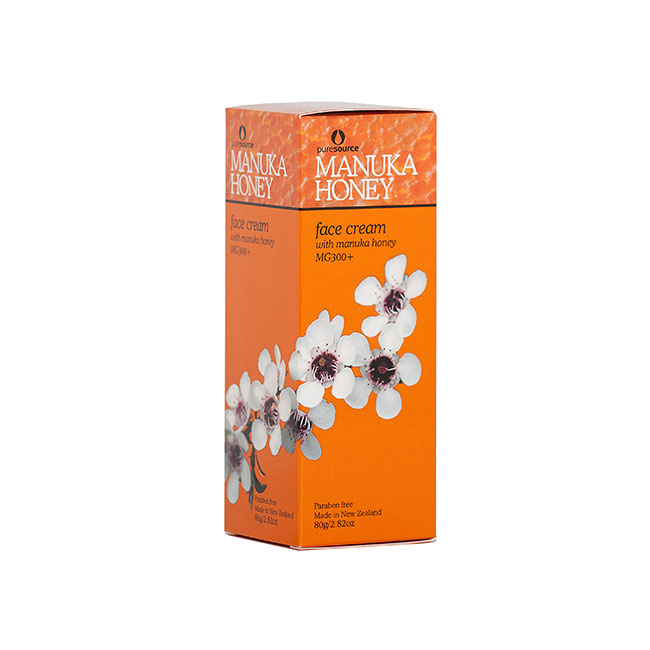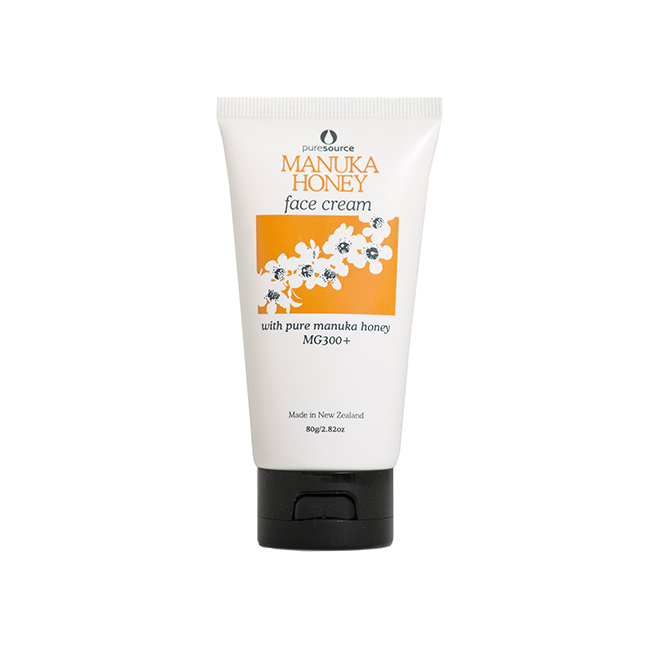The wonderful beauty ritual of applying face masks has been celebrated throughout historic times. Strong evidence of face masking and other beauty rituals are found in places like Egypt, Asia and India, amongst many others.
The beautiful Cleopatra (69BC – 30 BC) is still referred to as the queen of masks and skin care, she was known to be forever searching for natural ingredients to maintain her youthful looking skin. She prepared masks to cleanse, nourish and rejuvenate her skin and her favourites were Dead Sea mud masks as well as honey and milk baths.
These early beauty treatments were all based on natural resources, often locally sourced, face masks, scrubs and creamy pastes were prepared from what was collected and gathered nearby.
History tells us that in historic times many Egyptians and Indians covered themselves with mud and clay to cleanse their skin and relax their bodies. These wise people already knew the amazing cleansing and healing properties of mud. They also knew how full this mud was with skin-friendly minerals and trace elements, with natural detoxifying and absorbing qualities.
Asia and in particular ancient China share many old stories too about women and their special beauty routines. Face masking records go right back to the Tang Dynasty (618 – 907), where imperial consorts used ingredients like white jade, pearls and ginseng to brighten and tighten their skin.
Toxic lead facials where very popular in the Victorian times, an era where women where striving for light, almost translucent skin as that was considered the most beautiful at the time. Toxic lead would be added to honey and olive oil in the hope of a bright and pale complexion.
And Marie Antoinette‘s signature face mask was said to be based on egg whites as she had a fear of large pores.
Masking stood it’s place throughout history and today it is still as much a beauty routine ‘must –do’ as it ever was . And women, right around the world, are still searching for products based on natural ingredients, because, as we all know:
‘nature knows best’



